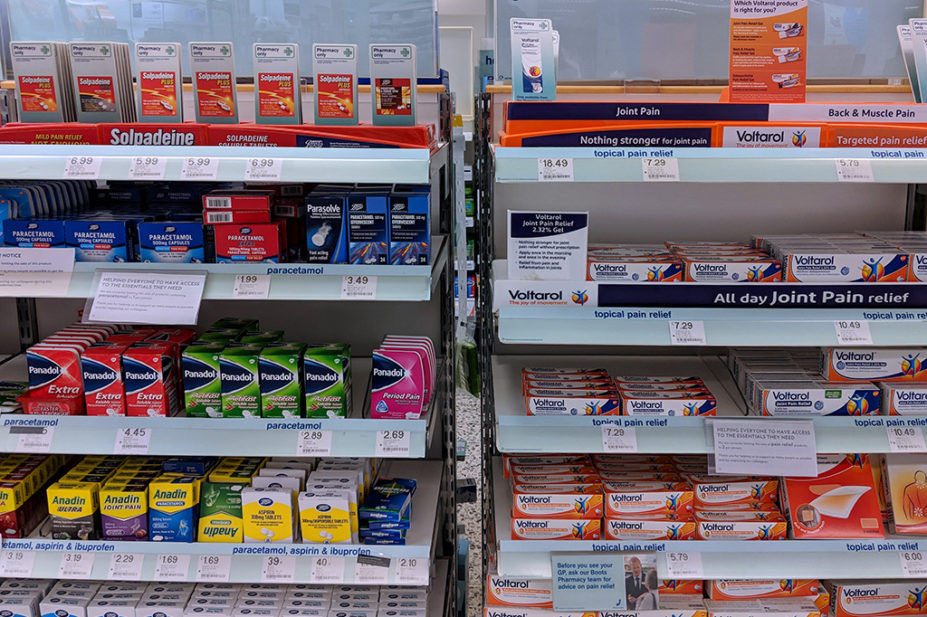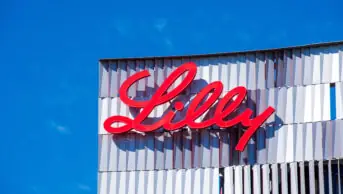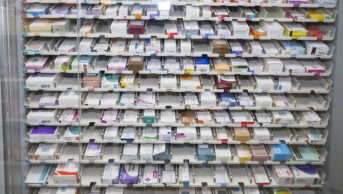
Shutterstock.com
An increase in the tax rates applied to drug manufacturers, designed to control NHS spending on medicines, would create a “limited risk” of manufacturers withdrawing their medicines from the UK market, according to a government impact assessment.
The impact assessment relates to a government consultation, which opened on 16 December 2022, to increase the payment percentage for manufacturers signed up to the statutory tax scheme for branded medicine pricing, from 24.4% to 27.5% from 1 April 2023.
The payment percentage requires manufacturers signed up to the scheme to pay the government a portion of their net income from sales of branded medicines to the NHS.
In June 2022, the government announced that manufacturers on the statutory scheme would be required to pay 24.4% of their net income from sales of branded medicines from January 2023 — an increase of 14 percentage points on the rate of 14.3% set for 2022.
However, following confirmation that manufacturers signed up to the Voluntary Scheme for Branded Medicines Pricing and Access (VPAS) would be expected to pay 26.5% in 2023, the government launched the consultation in December 2022 to further increase payments under the statutory scheme, to 27.5% from 1 April 2023, to maintain “broad commercial equivalence” between the schemes.
The statutory scheme applies to all manufacturers, unless they choose to join VPAS instead, which offers additional incentives to support innovation.
An impact assessment, published alongside the consultation, warned: “There is the risk that companies might choose to withdraw supply of branded medicines in the event of higher payment percentages which are not accompanied by similarly high levels of branded medicines growth.”
It added that, in response to previous consultations on increasing payment percentages under the statutory scheme, the government received responses saying that doing so “may impact supply through the decision by companies to delay or pause launching new products or that there may be shortages with list price increases an ineffective mitigation”.
But the assessment concluded that “this risk is remote”, owing to the government’s “incentives for innovative products in the VPAS, the well-established processes for the Department [of Health and Social Care] to consider list price increases and the NHS to consider net price increases where they are warranted, and by business-as-usual processes to maintain continuity of supply of medicines”.
The government’s assessment was released amid ongoing concerns around the supply of generic medicines.
In December 2022, the Pharmaceutical Services Negotiating Committee (PSNC) reported a “record number of price concessions” for generic medicines, with 198 concessions granted that month.
“PSNC remains deeply concerned about the impact that high medicine price rises are having on contractors,” it said in a statement on 30 December 2022.
“With medicine supply and pricing issues exacerbating the precarious financial situation that many contractors were already facing, PSNC is continuing to press for a fairer and more timely price concessions system to protect pharmacies from these devastating price rises.
“The review of the price concessions system is well underway and our meetings with the Department of Health and Social Care have been constructive.”
The PSNC first noted a record number of price concessions in August 2022, with negotiators “escalating the situation within DHSC [Department of Health and Social Care]” as a result.
Mark Samuels, chief executive of the British Generic Manufacturers Association, said: “Raising both the statutory and VPAS rates for 2023 makes some products loss-making, damaging the UK’s medicines supply and increasing the likelihood of drug shortages.
“The voluntary scheme alone is more than a five-fold tax increase from 2021, and no industry can cope with this unpredictable and exceptional tax volatility.”
He added that the increased VPAS rates for 2023 “risks more medicines shortages, rising prices for the NHS via reduced competition, and new medicine launches to the UK being deferred”.
“I am gravely concerned about this situation,” he said.


